By focusing on teaching for equity, educators empower students to develop mathematical and political knowledge.
Dr. Bev Caswell shares ways to create compassionate spaces for students to have a voice and learn mathematics in an authentic way.
Mathematics can provide or prevent entry to a variety of careers. It is a gatekeeper subject. By the time students reach high school, they are already being streamed into different academic levels. This segregation closes the door of opportunity for many students. When the challenge of mathematics becomes insurmountable, this can be the first step to dropping out of school entirely.
It is incumbent on educators to develop multiple entry points, honour ways of knowing, and provide opportunities for students to experience success in mathematics. I’ve been inspired by insightful activist educators such as Rochelle Gutiérrez, Eric Gutstein, Kyndall Brown, Marta Civil, Lisa Lunney Borden, Indigo Esmonde, and Joan Moss who have devoted their careers to helping students see themselves as “doers” of mathematics.
Mathematics can be used to explore issues of social justice. When mathematics is introduced as a tool for understanding the world, we are championing to the educational goal of creating informed citizens who will contribute to – and participate fully in – a democratic society. Students come ready to take on challenges they feel are important.
An inquiry-based approach to mathematics with a focus on teaching for equity (which values multiple perspectives, the social construction of knowledge, and interconnects student experience with mathematics) can provide an ideal vehicle for empowering children to developing both mathematical and political knowledge. The goal is to create compassionate spaces for students to have a voice and participate in mathematics in an authentic way, building community within the classroom and beyond.
Rochelle Gutiérrez describes equity in mathematics in terms of access (making math accessible to all student equitably), achievement, identity and power:
“Equity is ultimately about the distribution of power – power in the classroom, power in future schooling, power in one’s everyday life, and power in a global society” (Gutiérrez, 2009 p. 5).
Robertson Resources
Teaching Mathematics with a Social Justice Focus
This resource documents the experiences of teacher candidates as they designed and team-taught a mathematics lessons with a social justice focus.
Exploring Issues of Social Justice Through Mathematics
Inspiring educators to incorporate social justice in math lessons, this resource succinctly describes what that may look like and how it can be done.
6 PRINCIPLES OF TEACHING SOCIAL JUSTICE
I find it helpful to draw on Marilyn Cochran-Smith’s six principles of pedagogy for teaching for social justice (2004) when developing mathematical learning experiences for students:
- Enable significant work within communities of learners
- Build on what students bring to school
- Teach skills, bridge gaps
- Work with (not against) individuals, families, communities
- Diversify forms of assessment
- Make inequity, power, activism explicit parts of the curriculum
5 Mathematics and Social Justice Activities
This lively simulation raises awareness to inequities in systems of global wealth and resource development. Students sell a product on the “global market,” but resources are inequitable. This activity can be a starting place for many areas of math.
Using data management, students begin an inquiry into systemic inequality. Students brainstorm a list of famous people – dead or alive. This may include mathematicians, actors, scientists, athletes, artists, etc. The data generated is then analyzed to reveal issues of power, racial and gender inequality.
This lesson integrates mathematics, environmental science, geography, Indigenous rights, language arts and social justice issues for junior/intermediate grades. Students explore their relationship with water and discover many Canadian Indigenous communities have limited access to the natural resource.
Students become aware of food inequity as they explore the cost of food while on a set budget and use maps to explore issues of access to stores. They read, interpret and draw conclusions from primary and secondary data found in charts, tables and graphs.
Using mathematics to understand food insecurity can concretely highlight factors that influence one’s ability to access food. It also provides a foundation to explore potential solutions. More specifically, teaching children about financial literacy can show students that there are financial implications tied to income, taxes, and even price discrepancies as they shop at the store.
HELPFUL RESOURCES
Rethinking Mathematics
With more than 50 teaching ideas and lesson plans, Rethinking Mathematics focuses on math that analyzes social problems, while providing students with essential academic skills. The lessons in this resource aim to prepare students to be critical, active participants in society with the power to create change.
Reading and Writing the World with Mathematics
Reading and Writing the World with Mathematics suggests math education is the ideal medium to investigate injustice in the world. Using teacher-research, it provides a theoretical framework, along with practical examples, to show math is situated in a larger sociopolitical context.
Teaching Mathematics for Social Justice
Teaching Mathematics for Social Justice guides educators through the historical and theoretical development of social justice mathematics. It then focuses on how to teach mathematics for social justice, while highlighting the possibilities and challenges of teaching math this way.
Maththatmatters 2
Maththatmatters 2 is full of timely, engaging lesson plans designed for Grades 6-9. The book uses math to explore social justice in an accessible, impactful way. It aims to empower educators so they can help students better understand the world and their ability to facilitate positive social change.
Author

Dr. Bev Caswell
Former Director of The Robertson Program and former teacher at the Dr. Eric Jackman Institute of Child Study

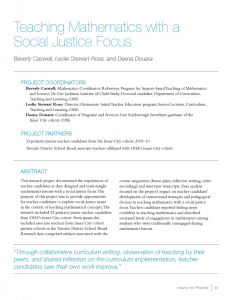
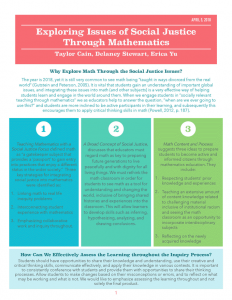
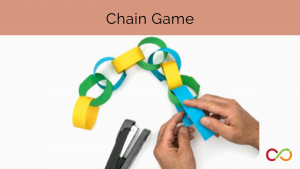
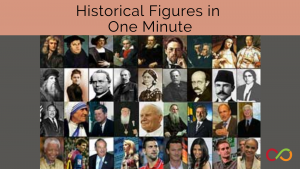

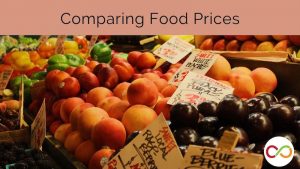
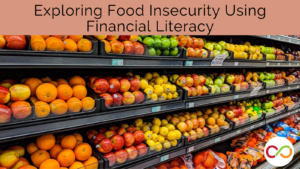
Boozhoo,
I send good thoughts. I was interested in the readings: Teaching Mathematics with a Social Justice Focus and also Exploring Issues of Social Justice Through Mathematics. Unfortunately, when I attempted to download either of the articles this message popped up: Oops, this Page could not be found. Would it be possible to send me the articles and/or direct me where I can locate them.
Chi miigwech,
Kathryn
Hello Kathryn,
Thanks so much for bringing this to our attention. I’m not sure why those links were broken, but they have been corrected. Here are the direct urls, just in case:
https://wordpress.oise.utoronto.ca/robertson/wp-content/uploads/sites/77/2017/03/Teaching-Mathematics-with-a-Social-Justice-Focus.pdf
https://wordpress.oise.utoronto.ca/robertson/wp-content/uploads/sites/77/2018/04/Social-Justice-and-Math-.pdf